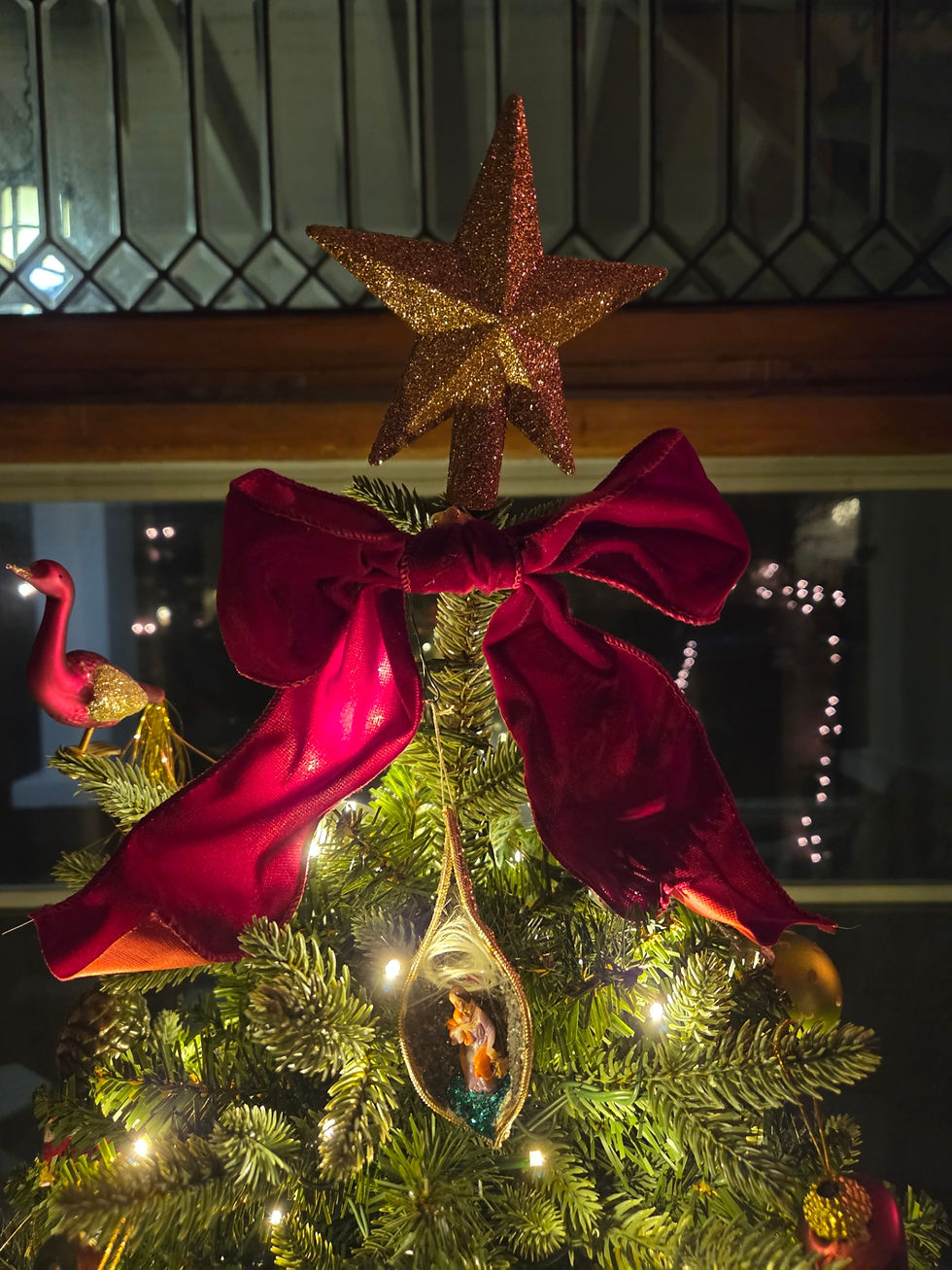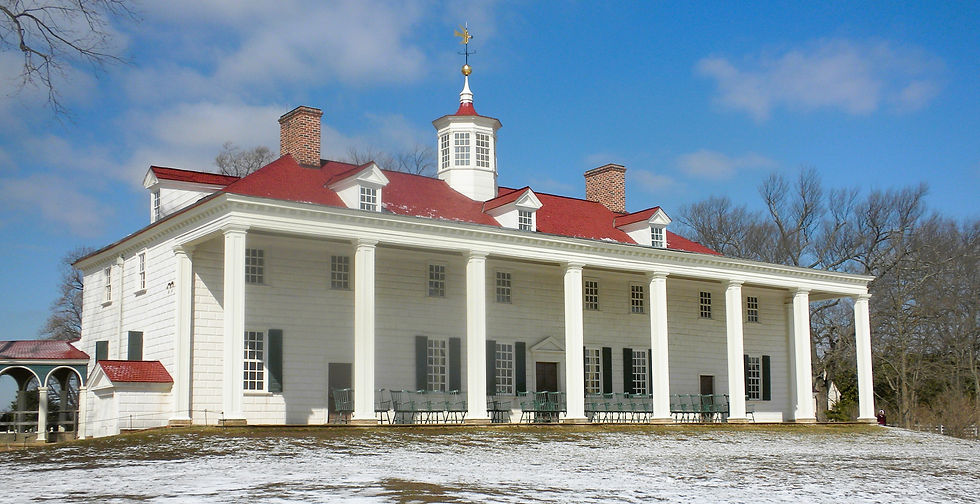Gratitude Friday 05/05/23 – National Space Day
- Bill Stauffer

- May 5, 2023
- 4 min read
“If you wish to make an apple pie from scratch, you must first invent the universe.” ― Carl Sagan, Cosmos

Today is National Space Day in the US, which for me is certainly something to celebrate. From my earliest childhood, I recall looking up at the immense night sky and wondering what is out there. It is a common human experience. For thousands of years, our ancestors looked up at the night sky and experienced awe. The night sky lends itself to two fundamental questions that we have grappled with since the beginning of our time on earth. What is out there and how did we get here? Societies across human history have answered these questions quite differently.
In some Native American folklore, the earth is considered Turtle Island. In the Lenape tradition whose land I was born on, before creation, there was nothing, an empty dark space. However, in this emptiness, there existed a spirit of their creator, Kishelamàkânk, who dreamt of the world as we know it today, the Earth with mountains, forests, and animals. He started to create the Earth as he had dreamt it. Conflict developed over time, and he then sent down Nanapush to save the animals and bring things back together. Nanapush put some of the earth on the back of an immense turtle, which is where we all live. It is a wonderful origin story.
Beyond folklore across human history, we have learned a great deal about our world from the stars to survive and prosper They informed us of the changing of the seasons and helped us to navigate away from the sight of land. Telescopes were invented. We initially thought that the earth was at the center of the universe. Over time, by viewing the cosmos we realized that we were in orbit around the sun. Eventually we understood that some of the points of light in the sky were brother and sister planets circling the same star. In a sense, we learned about our neighborhood which is actually in a remote corner of a galaxy, one of countless such galaxies in the universe. Humbling stuff.
From where I sit, perhaps one of the most incredible things is that almost everything we know about space has been learned over the course of my life span. The knowledge of what is out there has grown exponentially. When I was a child, we were not sure if there were other planets orbiting other suns. Just consider the Kepler space telescope. It was launched in 2009 and was officially retired in 2018. The telescope could only detect planets whose orbits are seen edge-on from Earth. Kepler observed 530,506 stars and detected 2,662 planets, which is 2,662 more than we knew of when I was born. In the last five years, that number has more than doubled. As of April 1st, 2023 we have catalogued 5,346 confirmed exoplanets in 3,943 planetary systems, with 855 systems having more than one planet.
We are learning things now about space at a rate that itself nearly defies comprehension. The James Webb Space Telescope was launched around 16 months ago and moved to Lagrange Point 2 one million miles out from earth. Then we unfolded it and turned it on. The related engineering is itself one of the most incredible feats of human endeavor in history. In the blink of time that the Webb Telescope has been operating it has altered what we know about what is out there. This article from February 2023 notes that there have been at least 12 major discoveries that it has made, including a planet with clouds and images of colliding galaxies 250 million lightyears away. Next year, we are starting the journey back to the moon as Artemis Mission launches. One of the goals is to build a basecamp on the moon. That is a long way from Yuri Gagarin in 1961. Stuff of science fiction in the era of my youth.
This is a weekly recovery gratitude blog, yet here I am writing about National Space Day. When I get philosophical, it occurs to me that human experience can be droll and mundane, but also incredible beyond our wildest imaginations. Drug use is a form of exploration too. As Dr Judith Grisel writes in this Scientific American article The Evolutionary Advantages of an Addictive Personality, the same things that drive some of us to do things like to try and discover the edges of the known universe, or climb into a tiny space capsule can also fuel drug experimentation. To harness these kinds of drives that some of us have, we should consider how to help kids who have these tendencies to pursue things that are risky yet more rewarding than getting high and falling into addiction.
Recovery for me has been a form of channeling my energies and talents into doing things that are more rewarding than getting high. The paths I have chosen, the issues I have worked on have rarely if ever been easy. Seeing others pioneer human understanding in ways that go well beyond any of my own talents is awesomely inspiring to me. We live in terribly difficult times and in times when our understanding of the universe is expanding at a greater rate than ever. This gives me hope for our species. I am grateful to all of the space pioneers through human history who have helped us understand that we are all essentially stardust and part of an immense cosmos.
What are you grateful for today?










Comments